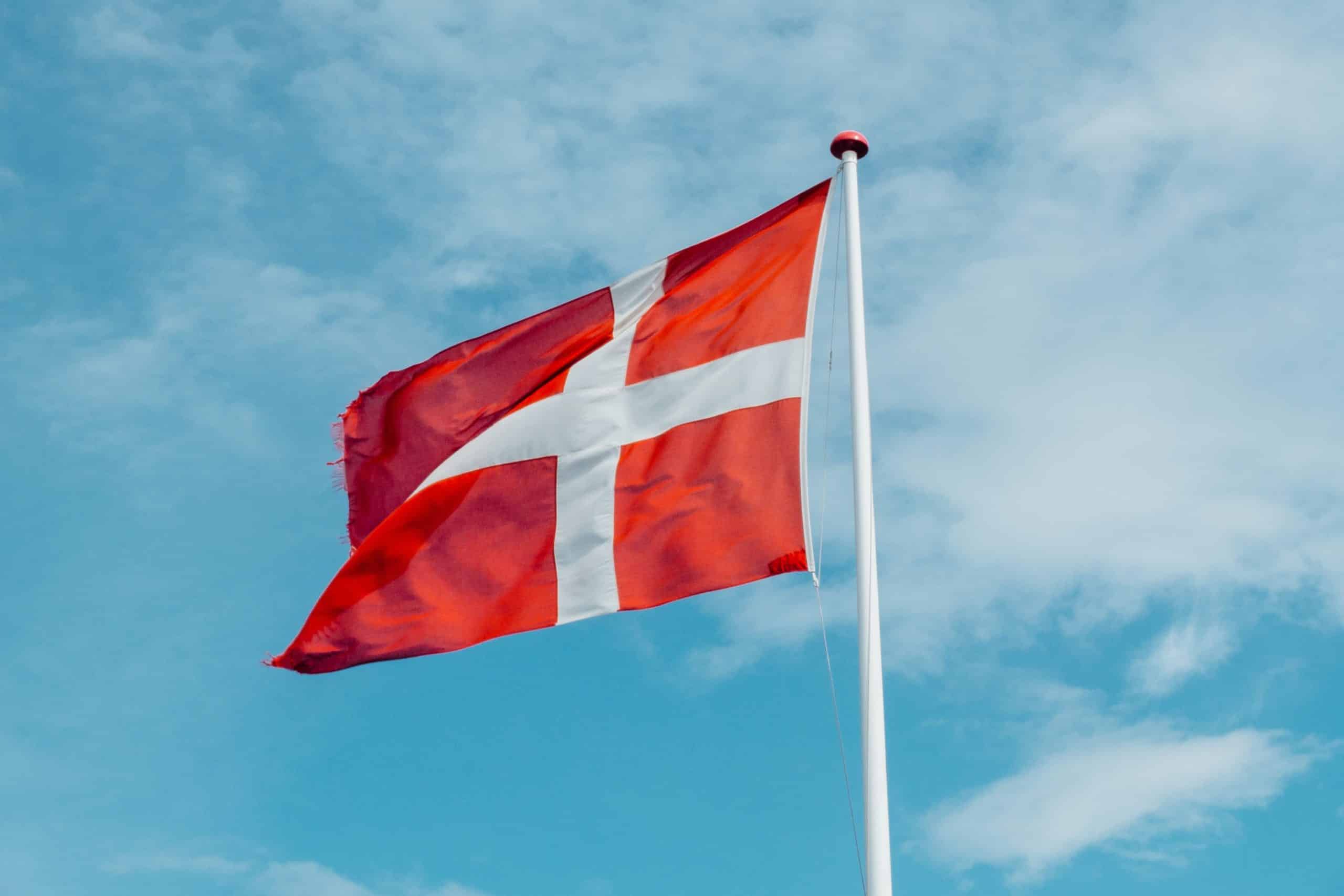Denmark is one of the countries that form part of the northern European region known as Scandinavia. The country’s capital is known as Copenhagen. Denmark occupies the Jutland peninsula, extending northward from the center of continental western Europe with an archipelago of more than 400 islands to the east of the peninsula. More than two-thirds of the country’s total land area is Jutland. Vendsyssel-Thy, Zealand, and Funen are the country’s largest islands.
Climate
Denmark is located in the temperate zone which means the country’s weather changes from season to season. During the cold winters, snow falls frequently and lakes may freeze. The coldest month of the year is February with about 32 °F (0 °C). The summer seasons are mild, and usually comes with cloudy as well as sunny days. The warmest month in Denmark is July with the average temperature close to 60 °F (16 °C). However, rain falls throughout the year, although very light in winter and spring but heavy from late summer through autumn.
People
Denmark is mostly populated by ethnic Danes. The official language in Denmark is Danish or Dansk. Many urban or literate Danes have learned to speak a second language, especially English. However, members of the country’s various ethnic groups speak German, Arabic, Turkish, and other minority languages.
Religion
Religious freedom have long been an accepted value in Denmark. Jewish synagogues, Roman Catholic churches have existed for a long time mostly in the larger cities. In 1967, the first mosque was built in the country. Nevertheless, the larger number of Danes remained at least members of the Evangelical Lutheran People’s Church of Denmark (folkekirken) which is the state church.
Economy
Denmark supports a high standard of living with well developed social services and high per capita gross national product. The economy basically is based on manufacturing, trade, and service industries. Only a small portion of the population is involved in agriculture. Are you an expat in Denmark? Check out Danish loans.
Political system
Denmark is a constitutional monarchy, the government is formed out of the parliament, or Folketing with the Queen executing the role of head of state. The country runs a unicameral parliament, where deputies are elected via proportional representation, although each member is representing a constituency.
Four out of the 179 parliamentary members are elected from Greenland and the Faroe Islands. General, Danish governments does not consist of a parliamentary majority, the government tends to be a minority which implies that Danish politics is to be defined by decisions among the various political parties.
History and Culture
Denmark is among the oldest states in Europe and also one of the ancient kingdoms in the world. The ancient lineage in Europe can be traced back to early 900 AD, Viking King Gorm, and the present monarch Queen Margrethe II who became regnant in April 1972. In the early 21st century, the economy of Denmark flourished and unemployment was reduced. However, Denmark suffered a recession in 2009 like the rest of Europe but soon recovered. Denmark today is a flourishing country with an advanced standard of living better than many countries in Europe.
